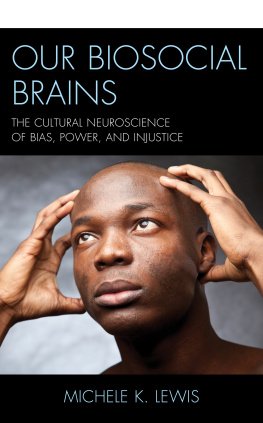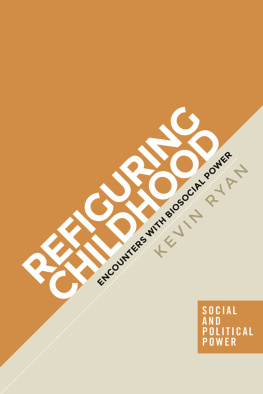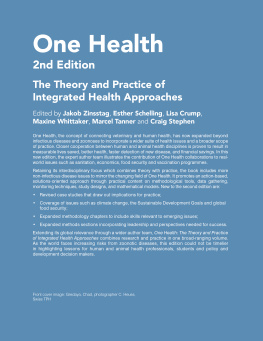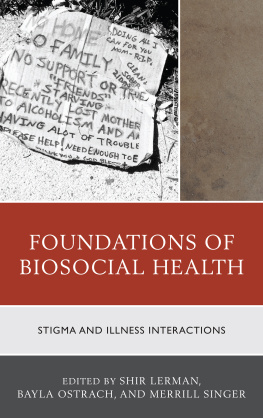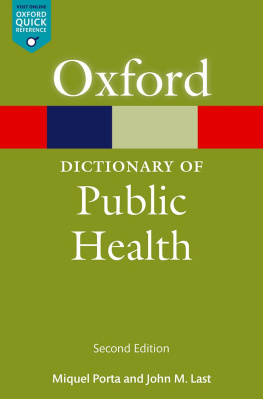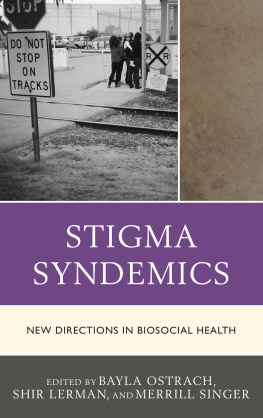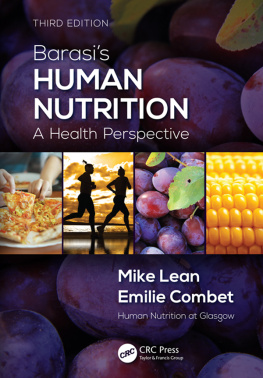
Studies of the Biosocial Society
Series Editor: Catherine Panter-Brick, Professor of Anthropology, Durham University, UK
The Biosocial Society is an international academic society engaged in fostering understanding of human biological and social diversity. It draws its membership from a wide range of academic disciplines, particularly those engaged in boundary disciplines at the intersection between the natural and social sciences, such as biocultural anthropology, medical sociology, demography, social medicine, the history of science and bioethics. The aim of this series is to promote interdisciplinary research on how biology and society interact to shape human experience and to serve as advanced texts for undergraduate and postgraduate students.
Volume 1
Race, Ethnicity, and Nation
Perspectives from Kinship and Genetics
Edited by Peter Wade
Volume 2
Health, Risk, and Adversity
Edited by Catherine Panter-Brick and Agustn Fuentes
Volume 3
Substitute Parents
Biological and Social Perspectives on Alloparenting in Human Societies
Edited by Gillian Bentley and Ruth Mace
Health, Risk,
and Adversity
Edited by Catherine Panter-Brick and Agustn Fuentes
Berghahn Books
New York Oxford
First published in 2009 by
Berghahn Books
www.berghahnbooks.com
2009, 2010 Catherine Panter-Brick and Agustn Fuentes
First paperback edition published in 2010
All rights reserved. Except for the quotation of short passages
for the purposes of criticism and review, no part of this book
may be reproduced in any form or by any means, electronic or
mechanical, including photocopying, recording, or any information
storage and retrieval system now known or to be invented,
without written permission of the publisher.
Library of Congress Cataloging-in-Publication Data
Health, risk, and adversity / edited by Catherine Panter-Brick and Agustn Fuentes.
p. ; cm. (Studies of the Biosocial Society ; v. 2)
Includes bibliographical references and index.
ISBN 978-1-84545-455-5 (hbk) 978-1-84545-281-0 (pbk)
1. Health risk assessment. 2. Social medicine. 3. Medical anthropology.
I. Panter-Brick, Catherine, 1959 II. Fuentes, Agustn. III. Series.
[DNLM: 1. Health Status Disparities. 2. Diseaseethnology. 3. Diseaseetiology. 4. Risk Factors. WA 300.1 H434 2008]
RA427.3.H428 2008
362.1dc22
2008020720
British Library Cataloguing in Publication Data
A catalogue record for this book is available from the British Library
Printed on acid-free paper.
ISBN: 978-1-84545-455-5 hardback
ISBN: 978-1-84545-281-0 paperback
List of Boxes
Chapter 1
Chapter 2
Chapter 5
Chapter 6
Chapter 7
Chapter 9
FOREWORD
Framing Health, Risk, and Adversity
Alan Goodman
I think that the tendency of applied science is to magnify injustices until they become too intolerable to be borne, and the average man whom all the prophets and poets could not move, turns at last and extinguishes the evil at its source.
J.B.S. Haldane, 1923
A fter completing a large-scale review of worldwide variation, James Tanner, the preeminent British expert in human growth and development, surmised that mean adult heights invariably increase with greater socioeconomic status. This association, he stated, is consistent for all historical periods and in many dozens of countries around the globe. To say it more grandly still, everywhere that Tanner looked, and he looked in a remarkably large and varied number of places, socioeconomic status was indelibly written into and onto the body.
During the 1960s, when Tanner first summarized his findings, the links between socioeconomic conditions and biological outcomes were less well studied than they are today. Now, thankfully, there are burgeoning fields of social medicine and social epidemiology, devoted to understanding the social, economic, and political origins of illness and disease. As well, anthropologists have begun to reconsider how social and economic conditions inscribe themselves onto bodies. As the editors of this volume point out in the introduction, leading theorists and practitioners of social epidemiology have called for studies of the political-economic and social origins of disease, or as Nancy Krieger (2001) proposes, an ecosocial theory of disease. In this new human biology, group height and health have their origins in social interactions and institutions.
This insight about the social origins of biological difference and suffering is profound for human biologists who have gotten used to looking toward proximate physical and biological explanations, rather than distant social explanations. Yes, tracing back through Boas, anthropology and human biology have a long history of efforts to link social and economic conditions to biological outcomes. That said, the attention of human biologists and anthropologists has certainly been less sustained on the social and the economic and more sustained on proximate environmental factors such as temperature, oxygen availability, and energetic yields. It is not that this focus is wrong, in fact it is essential. However, it might also be insufficient.
Acknowledging the eco-social origins of biological maladies is the easy part. The hard work is unraveling the myriad way that the eco-social becomes local and get under the skin. How is the eco-social embodied? While we are now aware of many strong associations between eco-social conditions and biological outcomes, we have little sense of the causal processes that underlie these associations. Moreover, as a number of authors in this volume note, social conditions are notoriously fickle and flexible: They make terribly unreliable variables.
In 1992, Thomas Leatherman and I brought together a group of biological anthropologists and other social and biological scientists who were interested in rethinking biocultural intersections. Like the symposium upon which this book is based, ours was also funded by The Wenner-Gren Foundation for Anthropological Research. Then, we wished primarily to explore a way to move biological anthropology to focus more on the root political-economic causes of disease risk, adversity, and illness (Goodman and Leatherman 1998). The group helped to move the focus of inquiry from biophysical stressors to sociocultural stressors as central to health, from evolutionary adaptation to the adaptive constraints brought on by poverty and inequality, and from race as a risk group to racism. We highlighted, with some success, the political economy of health for biological anthropologists.
What we did less well is to explore the mechanisms and processes by which the eco-social and the biological are linked. Since our symposium, a number of publications have begun to specify these processes and mechanisms.


